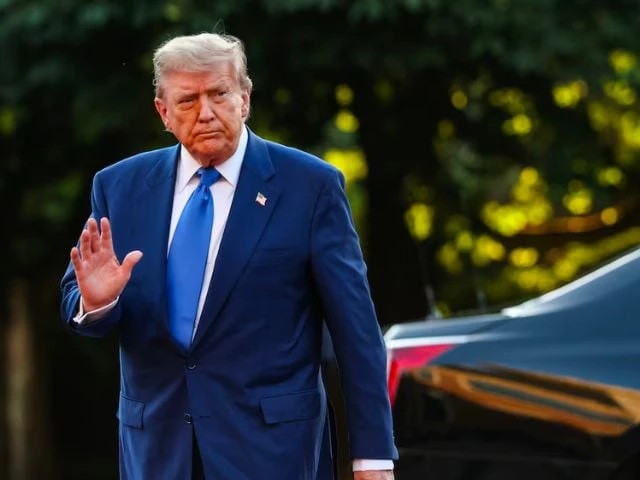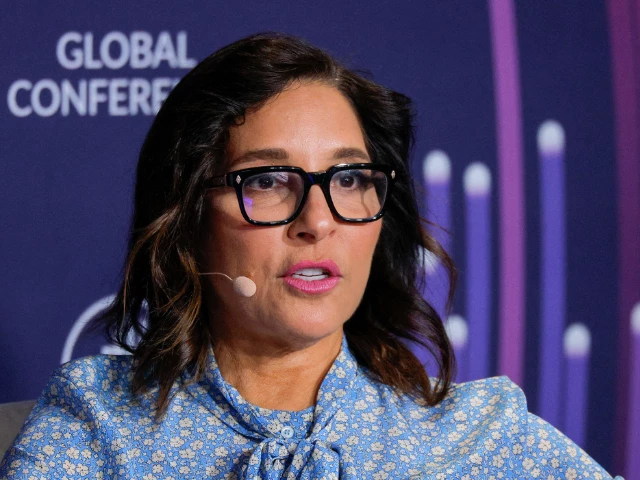Strengthening Ties with West Africa: A New Economic Era
In recent discussions at the White House, the spotlight was on West Africa and its treasure trove of natural resources. President Donald Trump hosted leaders from five nations—Senegal, Liberia, Guinea-Bissau, Mauritania, and Gabon—in an effort to boost trade partnerships that can challenge the increasing presence of Russia and China in the region.
As Trump noted during the summit, "There’s great economic potential in Africa, like few other places, in many ways." He highlighted the continent’s rich resources, from essential minerals to oil deposits, emphasizing the opportunities they present for the United States. These resources are crucial for industries back home, especially in high-demand areas like stainless steel and battery production.
However, this summit comes alongside a significant shift in U.S. foreign policy. The Trump administration has reduced foreign aid and moved towards a trade-based model, which raises questions about how relationships with African nations will evolve. The recent closure of the U.S. Agency for International Development (USAID) serves as a stark reminder that Washington is pivoting away from charitable support towards commercial partnerships.
While this strategy aims to establish a more self-sufficient approach, it has raised concerns, especially among nations like Liberia. Once heavily reliant on U.S. assistance—receiving an annual $160 million, which accounted for about 3% of its GDP—Liberia’s future is now uncertain. President Joseph Boakai pointed to the longstanding friendship between Liberia and the U.S., hoping that the redefined partnership will still allow for mutual growth.
So why is this important? For one, Africa is not just rich in minerals; it’s also home to a vibrant, young workforce ready to engage in commerce. Establishing strong economic ties could benefit both regions, fostering innovation while creating jobs.
As change looms, the focus shifts to how both African leaders and the U.S. can navigate this new landscape together. While challenges like aid cuts may appear daunting, they also herald an opportunity for a more balanced, trade-centric relationship.
If you’re intrigued by these unfolding dynamics and how they might affect you or your business, consider connecting with Pro21st. We aim to bridge conversations around global partnerships and economic development, ensuring that you stay informed and engaged in these critical discussions.





